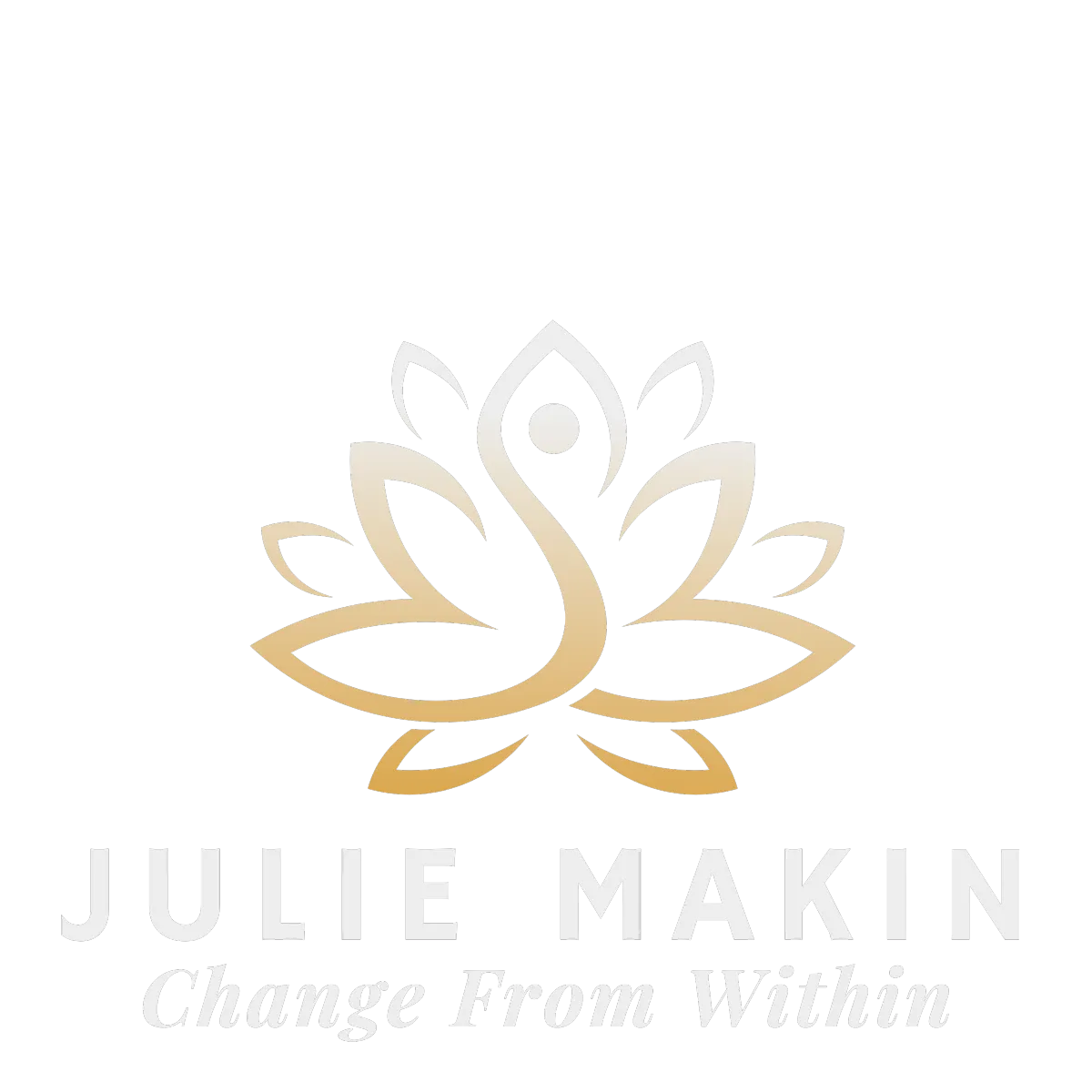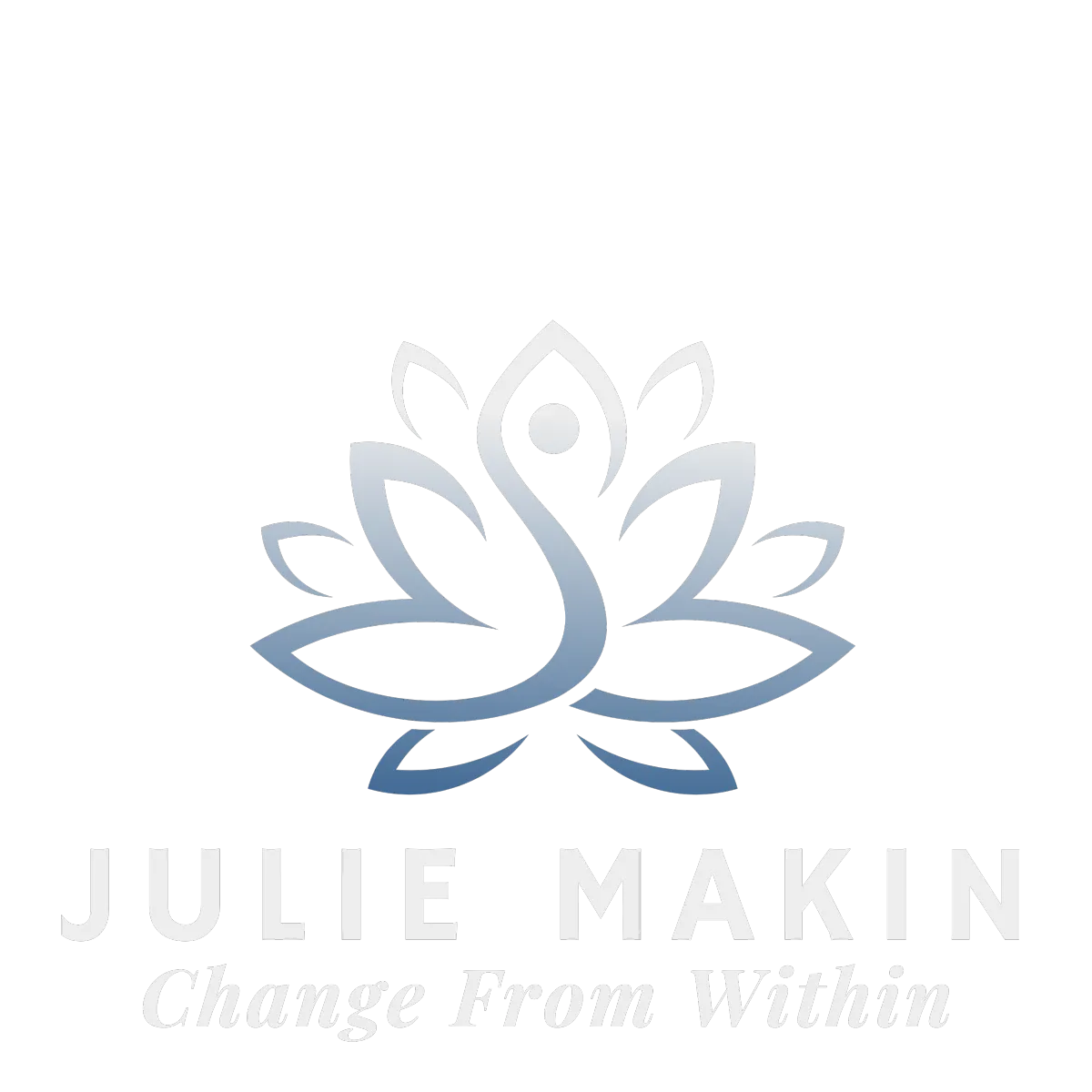OVERCOMING REJECTION
Rejection affects us all. It often leaves deep feelings of isolation and challenges self-worth. It can manifest in various ways, making us question our own value and pushing us into patterns of behavior that aim to shield us from feeling this pain again. The journey towards overcoming rejection is about understanding these patterns and learning to foster an authentic life rooted in self-respect and genuine connections.

Emotional Loneliness and Seeking Validation
Feeling unseen and unheard, even in a crowd, is an experience many endure daily. Emotional loneliness is characterised by a lack of deep, meaningful connections where one feels truly understood. This often leads to an over-dependence on external validation, striving for approval from others to feel worthy. People who grapple with this may often find themselves thinking, "I'm sorry," even when they're not at fault, or uttering "Is it okay if...?" as a constant plea for validation.
Low Self-Worth and Perfectionism
Perfectionism often stems from low self-worth. A relentless drive to meet unrealistic standards, it is fueled by a desire to earn love and acceptance. This mindset can trap individuals in a relentless cycle of self-criticism, as they constantly feel they "should have tried harder" or fear being too sensitive.
Rebuilding self-worth starts by recognising that worth does not hinge on accomplishments or others' approval. Practicing self-compassion, setting personal goals that are attainable, and celebrating achievements, no matter how small, can be powerful tools in dismantling the crippling grip of perfectionism.


Difficulty Setting Boundaries and People-Pleasing
Many struggle with boundary-setting, often believing that self-sacrifice is the surest way to earn love. This can lead to prioritising others’ needs with phrases like "Whatever you want is fine," or "I don't want to be a burden," which reflect a profound minimisation of personal desires.
Learning to set healthy boundaries is crucial. It involves understanding your limits and communicating them effectively, without guilt or apology. This creates a space where mutual respect thrives, allowing for relationships that are balanced and fulfilling.
Role-Self Adoption and Identity Confusion
The need for parental approval often pushes individuals to create a false self. Over time, this can evolve into identity confusion, making it challenging to distinguish personal wants from the expectations laid upon them. Relying heavily on "I should have tried harder" can reflect this internal conflict, distorting true identity to fit exterior demands.
Rediscovering one's identity involves engaging in introspection and exploring personal passions, desires, and values without the influence of external pressures. Embracing activities that bring joy and exploring new interests can help in constructing a genuine sense of self.


Fear of Intimacy and Emotional Reactivity
Many people fear deep emotional connections, feeling vulnerable to rejection or shame. This fear can lead to emotional reactivity as a defence mechanism, often invalidated by saying, "I'm just being too sensitive."
Addressing emotional reactivity involves developing emotional regulation skills. Practices like mindfulness and deep-breathing exercises are a good start but getting the professional support you need is even better. Building trust in relationships through small, gradual steps helps alleviate fear, enabling the formation of intimate and nurturing bonds.
Overcoming Negative Family Dynamics
Repeated family dynamics can influence adulthood, replaying unhealthy relational patterns learned in childhood. This manifests in excessive emotional responsibility, dependency on external validation, or fear of speaking one's truth. Breaking free from these cycles requires untangling these patterns and understanding that the past does not dictate the future.
Exploring your past experiences with Julie can help dissolve those feelings of 'not enough' reframing negative perceptions empowering you to step into your own narrative, free from past constraints.


Cultivating Authentic Connections
Overcoming rejection and its aftereffects involves a focus on authenticity. True self-worth comes from valuing oneself irrespective of others’ opinions. It’s about shedding the pressure to fit into molds that never suited you. It’s standing firm and voicing your truth, even when it feels daunting.
Fostering authentic connections means engaging with others without fear of rejection. It involves vulnerability and trust—hallmarks of real relationships that nourish and sustain. These connections empower you to protect your energy, to walk away from what does not serve you, and to embrace what does.
In a world eager to mould individuals to fit into predefined roles, defying rejection’s hold means claiming life on your terms. Relinquish the need for external validation, and nurture a self-compassion that acknowledges your intrinsic worth. In doing so, you reserve energy for yourself and for the authentic connections you create.
Feelings of rejection and a lack of authenticity often stem from unmet needs and learned responses to gain love. Embrace self-awareness and compassion on this journey. As you shed fear of judgment, the weight of needing acceptance from others pales in comparison to the lightness of self-acceptance.
Embrace the challenge of living a life less dictated by rejection. Choose authenticity, build genuine connections, and prioritize your needs. Trust in the journey to guide you toward a place of self-understanding, where you stand strong in your worth and confident in the power of your voice.
0457 828 857
14 McDougal Road, Neerim South VIC 3831
ABN - 99 421 507 448
AACHP Member No. - PCM2003411
AHA Member No. - CM2022969

